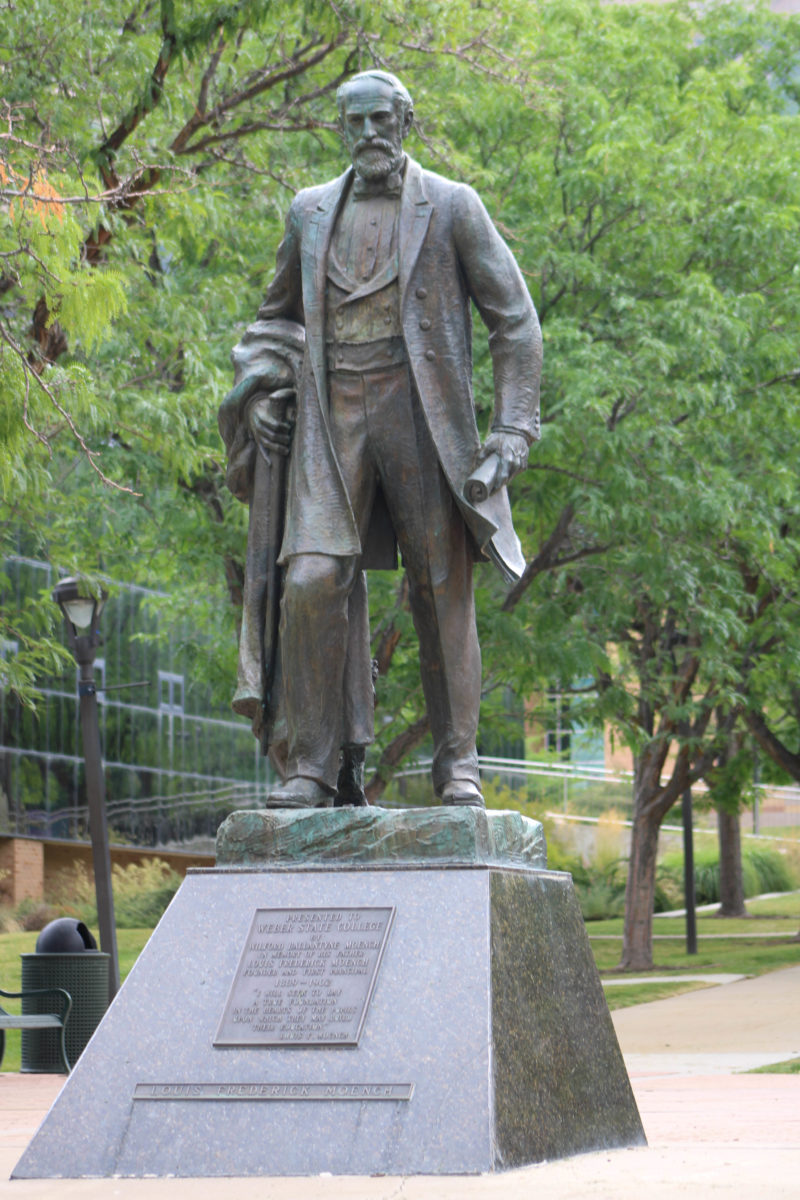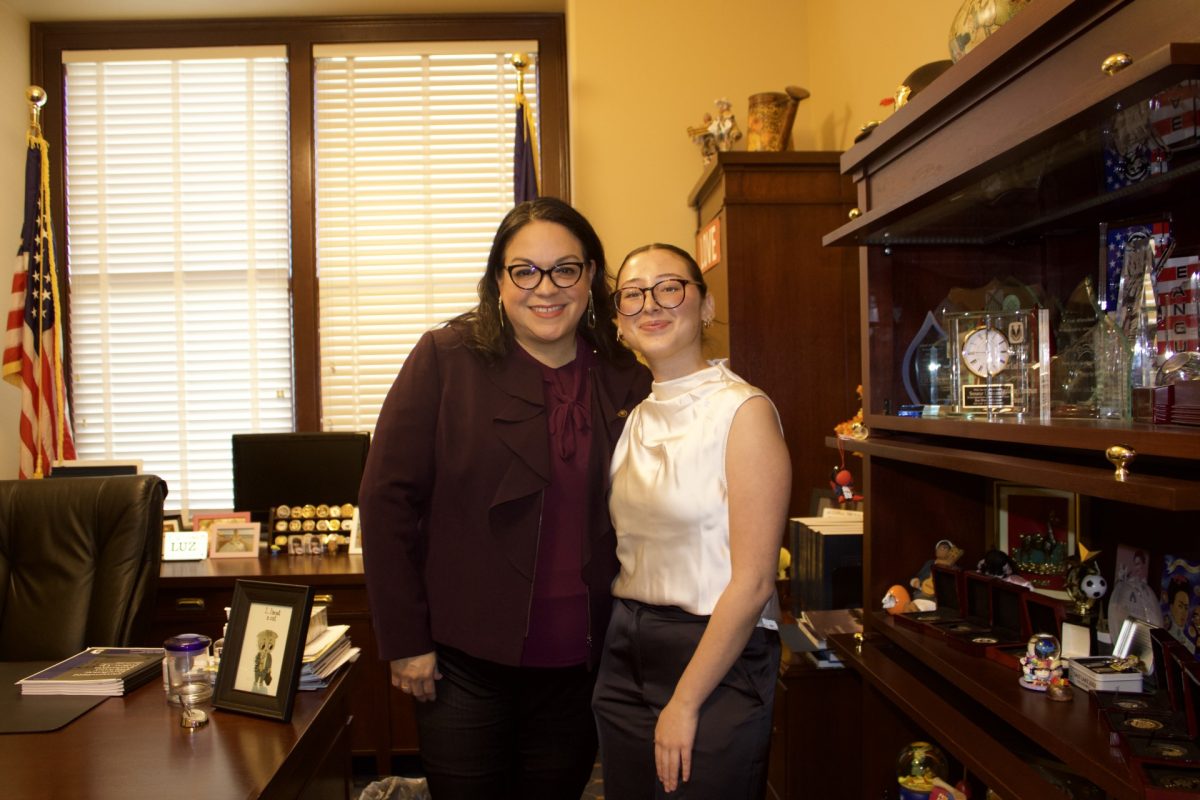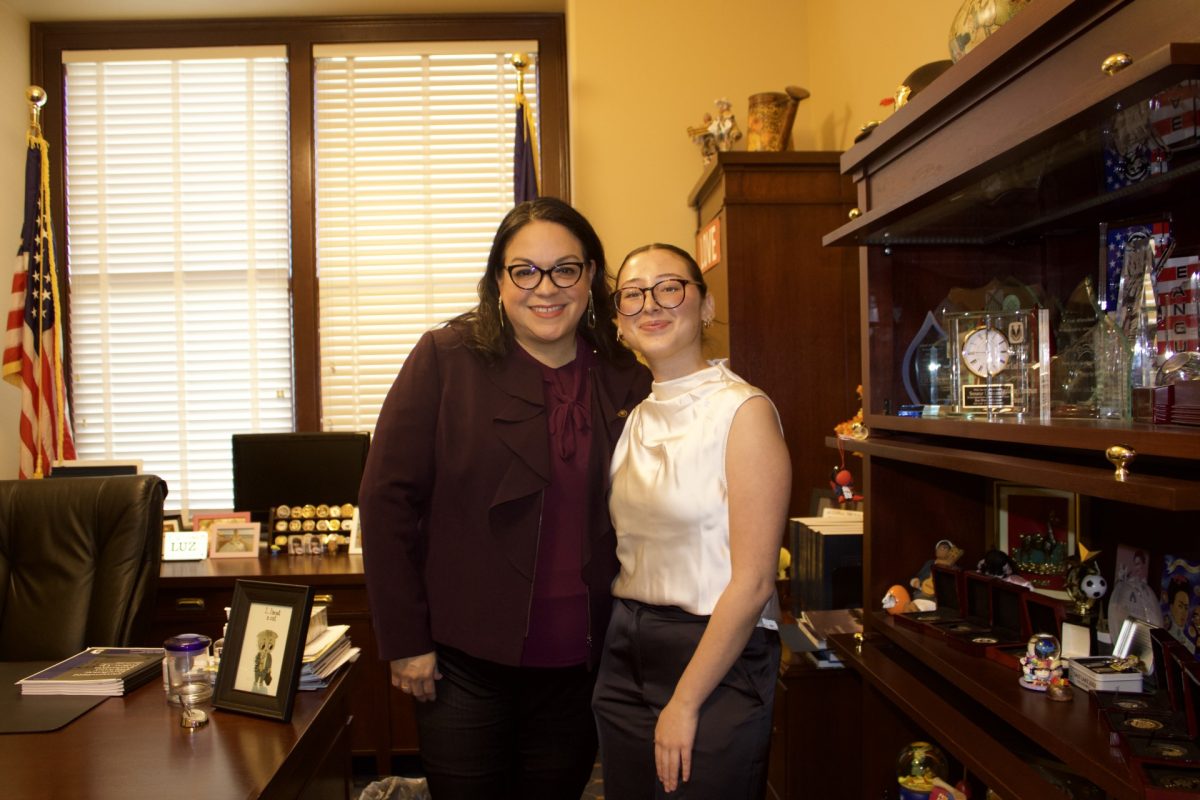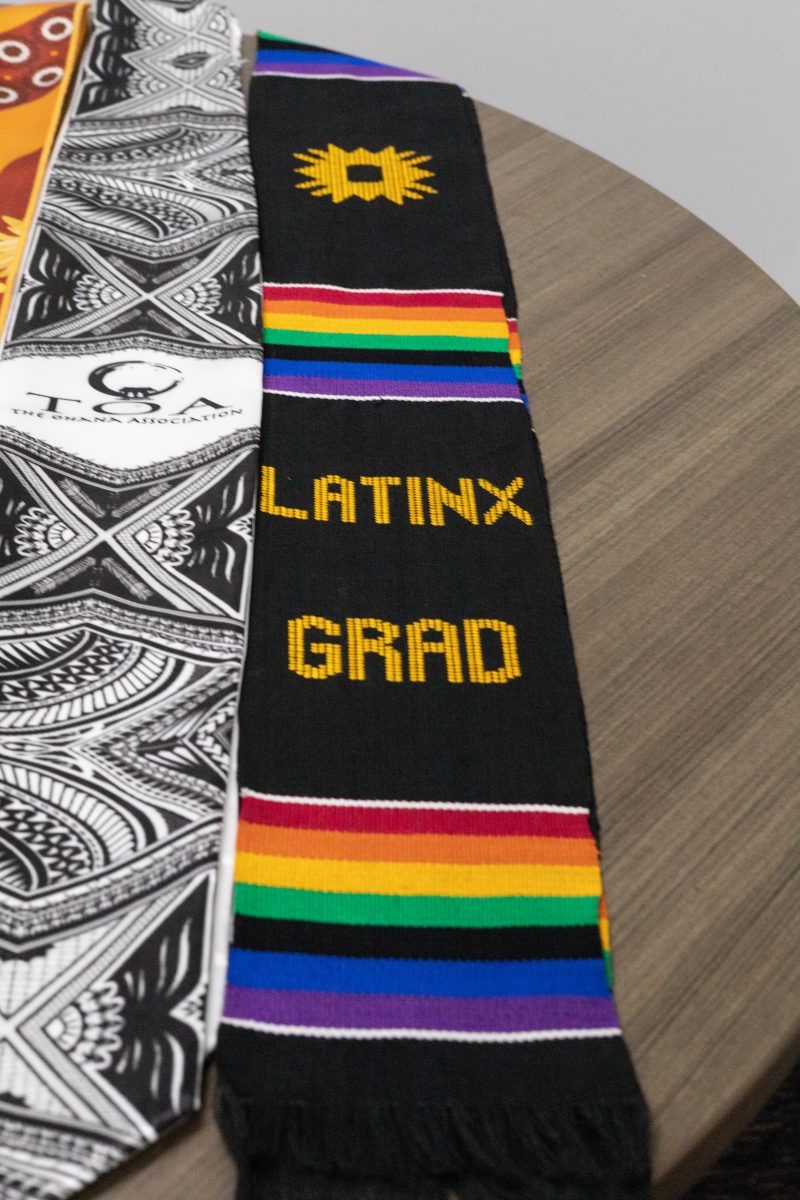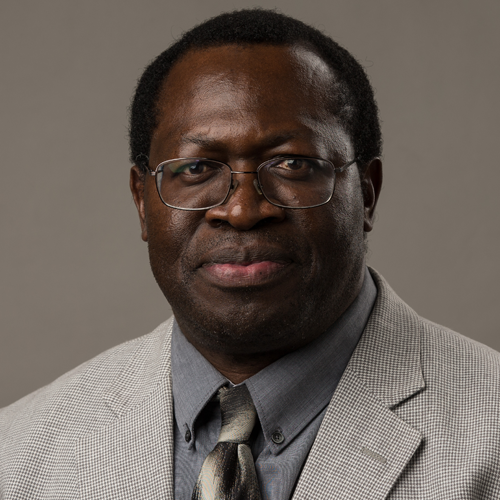Raymond Santana, Kevin Richardson, Antron McCray, Yusef Salaam and Korey Wise — dubbed the Central Park Five — falsely confessed to the rape and assault of a jogger after being coerced, intimidated and deprived of sleep. They spent a combined 41 years in prison.
Ava DuVernay’s “When They See Us” was released on May 31. The four-part series tells the story of the unjustly imprisoned boys, showing viewers the flawed ways of the justice system in 1989.
Police told Santana they had evidence against Richardson, but they needed him to place himself at the scene to build a case. An officer beat Wise, who was only at the precinct to make sure Salaam did not get in trouble. The boys, except Salaam, signed and videotaped statements, and were told they were witnesses and could go home if they corroborated.
They recounted stories that did not add up. They misplaced the scene of the crime, didn’t know what time the attack occurred and incorrectly described what the victim was wearing. Before that night, most of the five had never met.
A key element the series displays is the disadvantage those accused of crimes face. At the time, the five were between the ages of 14 and 16. They were never involved with the law and thus had no knowledge on how to navigate it.
They waived their right to an attorney. Some were being questioned without a guardian being present. They were told if they complied they could go home, but they were confessing to assault and rape — of course they wouldn’t go home. Once in prison, Wise did not know he could ask for a transfer and he was unaware of parole hearing procedures. These boys were dealing with seasoned detectives; they did not know what they were up against.
During the case, only the confessions were taped. The interrogations leading up to confessions were off camera. According to Esquire, 25 states require interrogations to be recorded now because of the five’s advocacy.
The significance of this case does not only fall on the discovery of the shortcomings of the criminal justice system but also on the supporting cast that created the false narrative that derailed five lives.
Two weeks after the attack, Donald Trump purchased $85,000 worth of advertisements in local New York City papers. In a bold headline, Trump plead to “bring back the death penalty.” He recounted being in a diner with his father when two officers threw out two “thugs,” writing he missed the “feeling of security New York’s finest once gave to the citizens of this city.”
These ads, saying politicians were overly concerned with the outcry against police brutality, helped shape public opinion.
Despite the exoneration of the five in 2002 — Matias Reyes, a convicted murderer and rapist, confessed to the crime and his DNA matched evidence — Trump has maintained that they were criminals. In a 2014 op-ed for the New York Daily News, Trump wrote that the settlement between the men and New York City was a “disgrace,” and that “these young men do not exactly have the pasts of angels,” despite no prior criminal history.
Trump, the man currently in the Oval Office with the power to help shape the law, maintains a false idea despite DNA evidence, a confession and the knowledge of how the confessions were obtained. He isn’t the only one.
Linda Fairstein, then-head of the Manhattan District Attorney’s sex crime unit, believes the five are guilty and acted with Reyes. In 2002, she said the arrests of the boys was “one of the most brilliant police investigations I’ve ever seen.”
Fairstein is a bestselling author, the books following her real-life experiences, according to People. Her first book came three years after the boys were convicted.
Elizabeth Lederer, an assistant district attorney who prosecuted the case, is currently listed as a Lecturer in Law at Columbia Law School and continues working as a prosecutor in the New York County District Attorney’s Office.
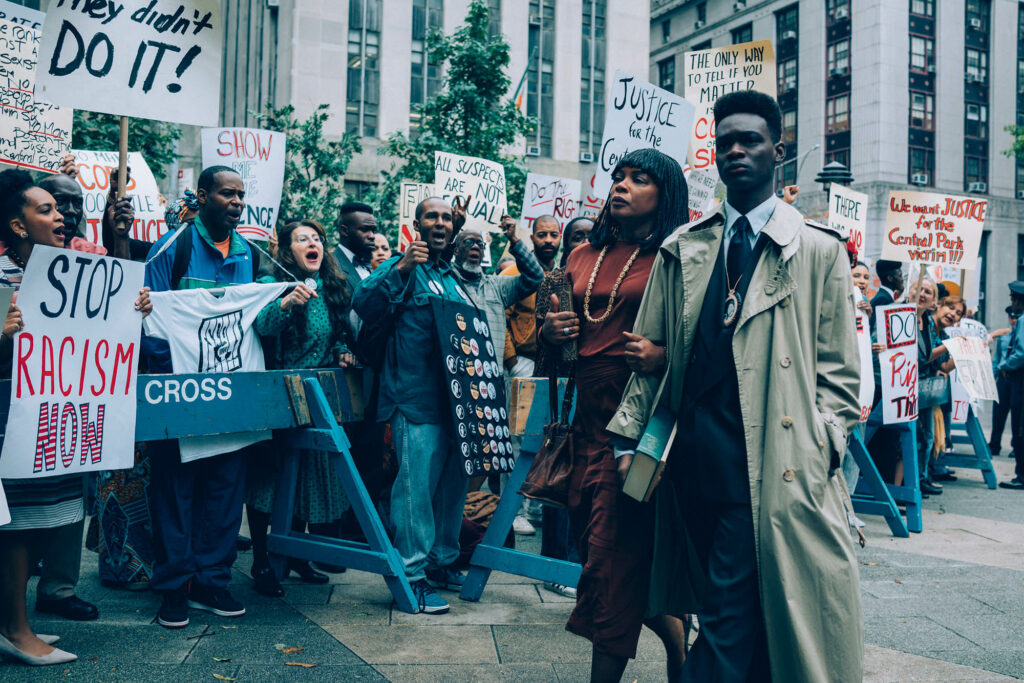
In the series, Lederer is portrayed as knowing she does not have a case because of inconsistencies in stories and lack of DNA evidence. Fairstein tells an unconvinced Lederer the world is watching her during this case, and the rest is history.
As with any larger-than-life case, publications and programs were producing stories to engage a hungry audience. This led to false stories contributing to incorrect narratives surrounding the five boys. After Reyes’ confession, some journalists who wrote about the case admitted to buying into the “false narrative concocted by police and prosecutors” too readily, according to The Marshall Project.
Despite the settlement and exoneration, this case is not over. The biases in the minds of the people involved can spread — and are. The Central Park Five are not the only people wrongly accused and convicted in this country, and as long as the biases continue to trickle from generation to generation, we will continue to see stories like “When They See Us.”







